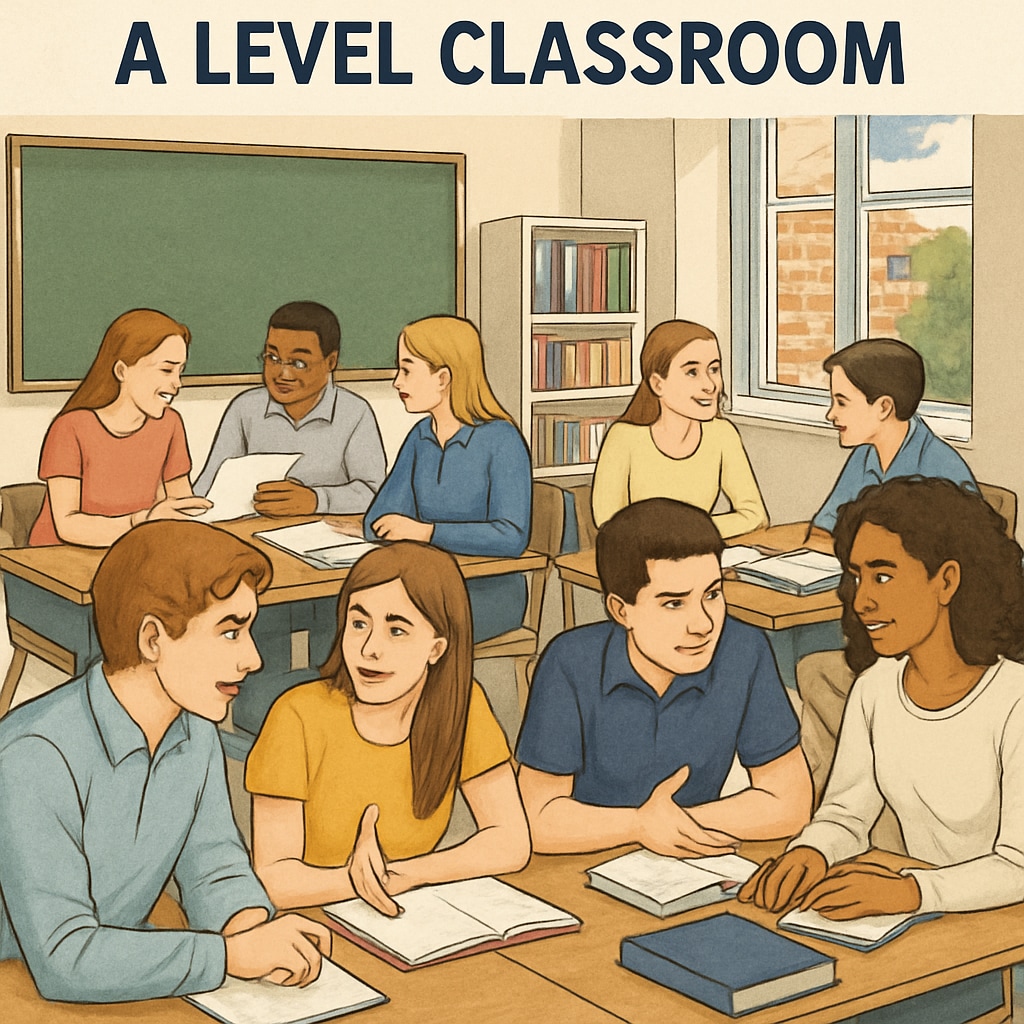Education systems play a crucial role in shaping students’ futures and societal progress. When comparing Turkey’s centralized exam-driven system with the UK’s A Levels, it becomes evident how the approach to education impacts students’ development, freedom of choice, and overall well-being. This article explores the fundamental differences between these systems, highlights the effects of exam pressure, and suggests a pathway for reform in Turkey’s education sector.
The Turkish Centralized Exam System: A High-Stakes Approach
Turkey’s education system is predominantly exam-oriented, with the university entrance exams (YKS) being the pinnacle of this structure. Students are required to sit for comprehensive exams covering a wide range of subjects, regardless of their interests or career aspirations. This system focuses heavily on rote memorization and standardized testing as the primary measure of success.
While the centralized exam system ensures equal access to higher education opportunities, it imposes tremendous pressure on students. Many experience anxiety and burnout due to the intense competition and narrow focus on exam scores. Consequently, creative thinking, problem-solving skills, and individual passions often take a backseat.

The UK A Levels: Flexibility and Student Choice
In stark contrast, the UK’s A Level education system offers students the flexibility to specialize in subjects that align with their interests and future goals. Typically, students choose three to four subjects to study in-depth, allowing them to focus on areas of strength and passion. This system fosters a more personalized approach to education.
Furthermore, A Levels encourage critical thinking, independent research, and practical application of knowledge—skills highly valued in higher education and the workforce. The emphasis on choice reduces exam pressure and promotes a balanced development of academic and personal skills.

Exam Pressure and Its Impact on Students
Exam pressure is a common challenge in education systems worldwide, but its intensity varies depending on the structure. In Turkey, the mandatory exams covering all subjects often lead to stress, as students must excel in areas they may not have an interest in. This can hinder their overall development and creativity.
By contrast, the UK’s A Levels reduce pressure by allowing students to focus on their chosen subjects. This freedom empowers students to pursue their passions and develop a deeper understanding of specific fields, making the transition to higher education smoother and more fulfilling.
Reform Suggestions for Turkey’s Education System
To move from an exam-centric model to a more balanced and multidimensional approach, Turkey could adopt several strategies:
- Introduce subject specialization: Allow students to choose subjects based on their interests and career aspirations, similar to the A Level system.
- Reduce reliance on centralized exams: Incorporate alternative assessment methods such as coursework, project-based evaluations, and teacher assessments.
- Focus on skill development: Enhance curricula to include critical thinking, creativity, and practical skills alongside academic knowledge.
- Provide career guidance: Offer counseling services to help students make informed decisions about their educational paths and future careers.
These changes could help Turkey transition towards an education system that values individuality, creativity, and multidimensional growth over standardized test scores.
Conclusion: Learning from the UK’s Flexible Model
Turkey’s exam-oriented education system and the UK’s flexible A Level model represent two distinct approaches to learning. While Turkey’s centralized exams ensure equal access, they often stifle creativity and personal development. The UK’s emphasis on choice and specialization offers a compelling example of how education can be tailored to support students’ growth and aspirations.
By adopting elements of the UK model, Turkey can create an education system that balances standardized evaluation with skill development and student choice, paving the way for a brighter and more innovative future.
For further reading: Learn more about the education system in Turkey and the A Level system in the UK.


